Texas Governor Signs Law Banning Drag Performances in Public
Businesses that host performances in public or where minors are present can be fined $10,000, and performers can serve jail time.

Texas Gov. Greg Abbott has signed a law banning “sexually oriented performances,” which critics say is an attempt to ban drag performances in public, with an eye towards eliminating them altogether.
Abbott, a Republican, signed the measure, passed largely on party lines by his fellow Republicans in the Texas Legislature, into law on June 18. It officially takes effect on September 1, 2023.
Under the measure, businesses are prohibited from hosting “sexually oriented” performances that feature nudity, “sexual conduct,” or appeals to the “prurient interest in sex” that take place in the presence of minors, or in a space where minors can view them.
This means that any establishment that wishes to host a drag show will have to impose an age limit prohibiting anyone under 18 years old from being on premises, and will likely have to card patrons before allowing them entry.
Establishments that violate the law — even unintentionally — can be fined $10,000 per occurrence, reports The Hill.
Drag performers and other “adult-oriented” entertainers are prohibited from performing in public, or in spaces accessible by minors.
If found to have violated the law, they face much harsher penalties, and will be charged with a Class A misdemeanor, meaning they could face up to a year in jail, be fined $4,000, or both.
Under the language of the law, “sexual conduct” is defined as the exhibition or representation, whether actual or simulated, of sexual acts, genitals, devices designed to stimulate genitals, breasts or buttocks, or “sexual gesticulations using accessories or prosthetics that exaggerate male or female sexual characteristics.” This could mean that performers wearing padded bras or prosthetic breasts could be found in violation of the law.
Critics say that the law infringes on freedom of speech and freedom of expression, and also, note that the bill’s final version removed language specifying where performances have to occur to violate the law, reports Eater. As a result, they worry that police may interpret the law in such a way that would outlaw drag performances held in private residences with the owner’s consent.
Additionally, LGBTQ advocates fear that because the law is so broad, any individual who does not wear clothing conforming to stereotypical or traditional gender norms could potentially be accused of being “in drag” in public, thereby allowing law enforcement to harass, arrest, and prosecute transgender people for deigning to leave the house dressed in a manner that matches the gender by which they identify.
The push for the law in Texas was prompted by a viral video of a “family-friendly” drag event inside a Dallas bar last year, during which children were present while drag queens were performing.
Critics of the event argued that the performances at the bar were too overtly sexual and inappropriate for minors.
Although the law does not explicitly mention drag shows, Texas Lt. Gov. Dan Patrick bragged that the new law would “push back against the radical left’s disgusting drag performances,” eliminating any uncertainty about the intentions of the law’s backers.
“Children, who cannot make decisions on their own, must be protected from this scourge facing our state,” Patrick said last month after the bill passed the Legislature.
Proponents of the law and measures like it typically argue that drag is inherently sexual and serves as a form of “indoctrination” to encourage youth to identify as transgender or pursue medical transition.
Similar laws barring drag performances in public have been passed in Tennessee, Montana, and Florida. However, Tennessee’s law has been partially overturned as unconstitutional — at least in the county where Memphis is located — by a judge’s ruling and cannot be enforced by local authorities.
Austin’s Pride celebration takes place in August, just before the law takes effect, but it remains to be seen how the law’s passage will affect future Pride-themed events at which drag queens may be present.
It also is unclear whether the law’s vague language will encourage overzealous Texas police departments to arrest and charge anyone dressed in gender-nonconforming clothing, based on the assumption that wearing drag in public — even if not singing, dancing, or gyrating — is a “sexually oriented performance.”
Support Metro Weekly’s Journalism
These are challenging times for news organizations. And yet it’s crucial we stay active and provide vital resources and information to both our local readers and the world. So won’t you please take a moment and consider supporting Metro Weekly with a membership? For as little as $5 a month, you can help ensure Metro Weekly magazine and MetroWeekly.com remain free, viable resources as we provide the best, most diverse, culturally-resonant LGBTQ coverage in both the D.C. region and around the world. Memberships come with exclusive perks and discounts, your own personal digital delivery of each week’s magazine (and an archive), access to our Member's Lounge when it launches this fall, and exclusive members-only items like Metro Weekly Membership Mugs and Tote Bags! Check out all our membership levels here and please join us today!








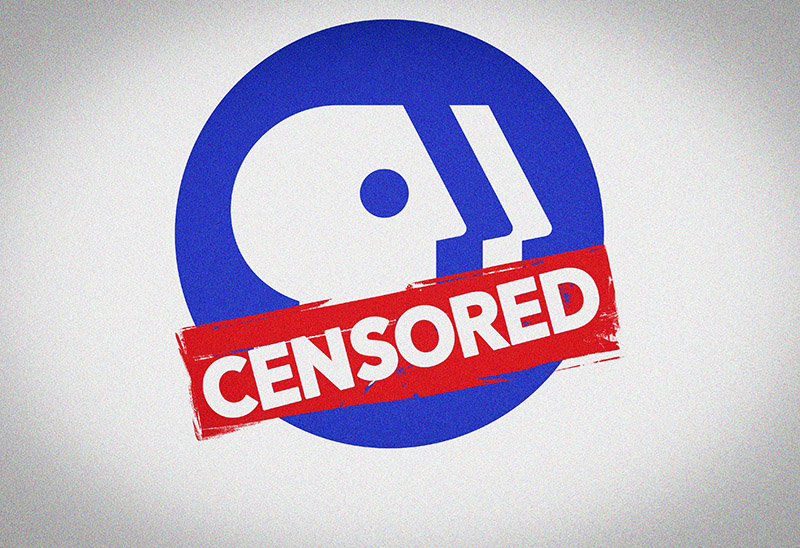
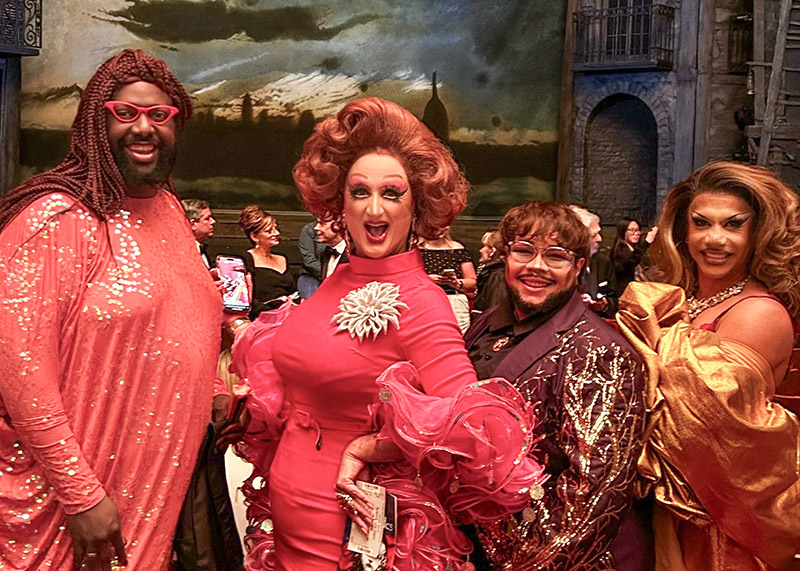













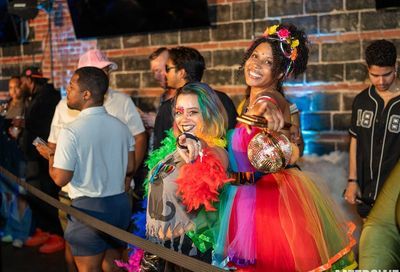






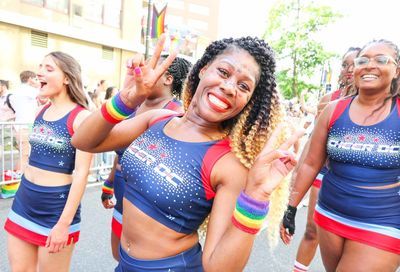
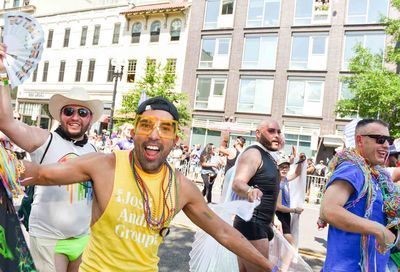

You must be logged in to post a comment.